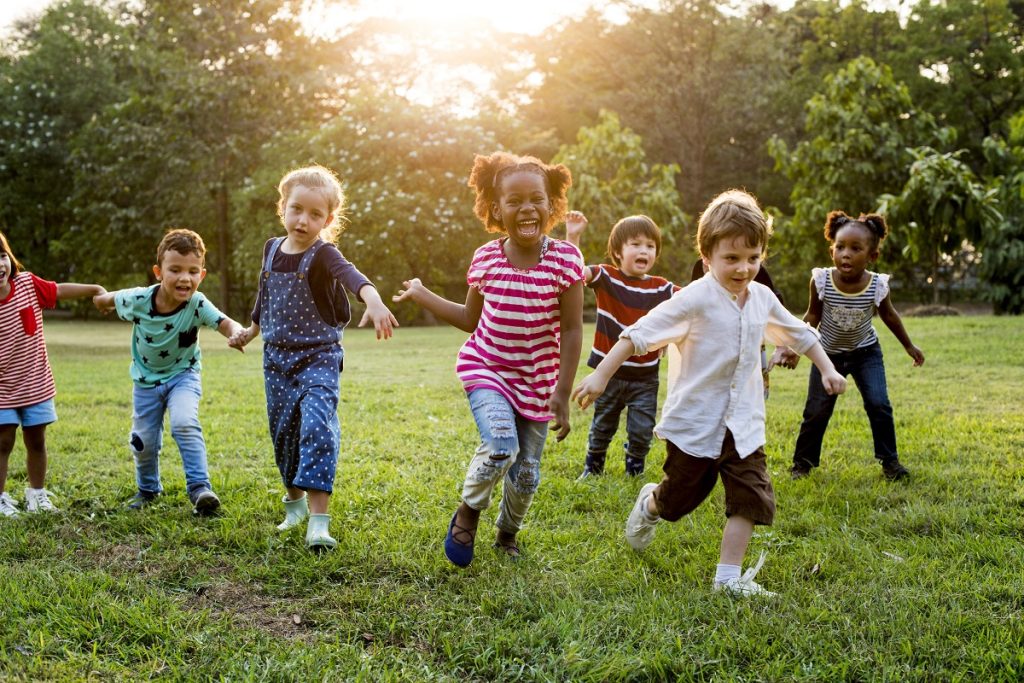- Holistic education emphasizes the development of non-academic skills alongside academic excellence, fostering well-rounded children.
- Social and emotional learning, arts, music, and life skills are key elements of a comprehensive education.
- Role-playing, social initiatives, confidence-building activities, and art classes stimulate empathy, creativity, and independence.
- Life skills like time management, financial management, and decision-making prepare children for future challenges.
In today’s fast-paced and competitive world, academic performance has become the sole criterion for success. Parents put immense pressure on their children to excel in their studies and score high grades. However, in the race for academic excellence, people tend to forget the importance of holistic education that includes non-academic skills. Holistic education fosters well-raised, empathetic, and socially responsible children with the confidence to face challenges and overcome obstacles. This blog post will discuss its importance and how fostering non-academic skills can give your children a competitive edge.
Encourage Social and Emotional Learning (SEL)
Social and emotional learning is the key aspect of a holistic education. It helps children to manage their emotions better, improve their communication skills, and build better relationships. Social and emotional learning helps children in understanding themselves and others and makes them responsible human beings. Here are activities to enhance your child’s social and emotional learning:
Role-Playing
Role-playing involves children adopting different characters’ roles to act out scenarios, solve problems, and navigate social situations. This interactive approach allows children to learn empathy, cooperation, and conflict resolution firsthand. It invites them to step into someone else’s shoes, understand their feelings, and respond appropriately. Role-playing also nurtures creativity and enhances children’s ability to express themselves.
Involvement in Social Initiatives
Getting involved in social initiatives can be an enriching experience for children. It encourages them to step out of their comfort zone and develop a sense of social responsibility. Whether it’s volunteering at a local food bank, participating in community clean-ups, or organizing charity drives at school, these activities provide practical experiences of teamwork, leadership, and problem-solving. More importantly, they cultivate empathy and compassion, teaching children the significance of giving back to society.
Building Self Confidence

Building confidence is a pivotal part of holistic education. Encouraging children to participate in activities outside of their academic realm, such as sports, arts, or public speaking, can substantially boost their self-esteem. It helps them to overcome fear, improve their decision-making skills, and face challenges with courage. These experiences also allow children to recognize and appreciate their unique talents and capabilities, fostering a positive self-image.
Consider Arts & Music Classes
Arts and music classes are an integral part of holistic education, stimulating creativity and innovation in children. Exposure to these disciplines strengthens cognitive development, encourages self-expression, and enhances aesthetic appreciation. Furthermore, learning to play a musical instrument or creating a piece of art can be a therapeutic experience, aiding in emotional regulation. Here are examples:
Visual Arts
Visual arts include painting, drawing, photography, sculpture, and more. It is a fun and creative way to explore the world of colors and shapes. Apart from enhancing fine motor skills and problem-solving abilities, visual arts can be used to express feelings that children may have difficulty verbalizing. This medium helps them to manage their stress and improve their imagination.
Guitar Lessons
Learning to play the guitar can be a rewarding experience for children. Apart from the joy of creating music, it can also help in improving memory, enhancing coordination, and fostering discipline. Working with an experienced guitar tutor can make this journey more enjoyable and efficient. The tutor can provide personalized guidance, helping the child to develop their guitar skills progressively and understanding their strengths, weaknesses, and interests.
Theater

Theater classes can be fun and engaging for children. It nurtures their imagination by introducing them to a world of characters, stories, and dialogues. This type of class helps to improve public speaking skills, boost confidence, and develop better social skills. Theater allows children to channel all their energy and emotions in a constructive way while building collaboration and teamwork.
Develop Life Skills
Life skills are crucial to the overall development of a child. They prepare children for the challenges of the future and help them become self-sufficient and independent.
Encourage your children to develop life skills such as time management, financial management, and decision-making skills. Teach them to take responsibility for their actions and learn from their mistakes. These skills will help them become responsible adults capable of taking on life’s challenges.
In most cases, life skills can be acquired through practical experiences. You can foster these skills by giving your children small tasks and responsibilities like managing their time, completing chores, or budgeting for expenses. Such activities will give them the confidence to handle bigger decisions in the future.
A holistic education that fosters non-academic skills is critical to the overall development of a child. Non-academic skills such as social and emotional learning, critical thinking and problem-solving, creativity and imagination, life skills, and character education will give children a competitive edge in the future. As parents and educators, you must encourage children to participate in activities that develop non-academic skills. Focus not just on academic excellence but also on holistic education that prepares children for the challenges of life. By implementing a holistic approach to educating children, you can help them become confident, empathetic, and socially responsible human beings.






